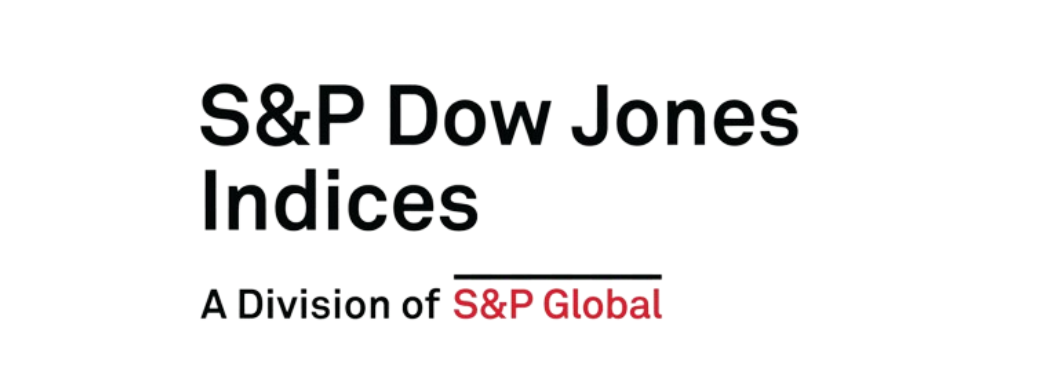Questions over whether more regulation is needed in the index provider space have bubbled to the surface after S&P Dow Jones Indices (SPDJI)was fined $9mby the Securities and Exchange Commission (SEC) for failing to disclose a feature to Credit Suisse that led to estimated losses of $1.8bn.
In an announcement last week, the US regulator stated SPDJI should have been clearer to the issuer that the S&P 500 VIX Short Term Futures index contained an “auto hold” feature which kicked in during extreme market volatility on 5 February 2018 when the CBOE Volatility index was up 115%.
While SPDJI has said it “neither admits nor denies the SEC’s allegations”, SEC commissioner Hester Peirce warned the $9m settlement “may hint at a deeper, unspoken concern that index providers…are not governed by a regulatory framework explicitly tailored to their activities”.
“I am open to exploring the need for and propriety of such a framework,” Peirce added.
The growing power of index providers has been well documented over the past few years following the dramatic shift towards passive investing since the Global Financial Crisis (GFC).
As a result, index providers – particularly the ‘Big Four’ of MSCI, SPDJI, FTSE Russell and Bloomberg – havesignificant influence within financial marketsbut are subject to little regulation,
Currently, index providers are viewed as data publishers by US regulators instead of investment advisers, however, this is looking more likely to change.
As Athanasios Psarofagis, ETF analyst at Bloomberg Intelligence, said: “Eventually, that is where this going to go. They have lots of influence and are essentially making key investment decisions – see Tesla’s inclusion in the S&P 500.”
However, experts directly involved in the indexing space caution that further regulation will simply stifle innovation and competition.
Gareth Parker, chairman and chief indexing officer (CIO) at Moorgate Benchmarks, said while more can be done by the index industry to work with regulators to alleviate some of their concerns, further regulation can also have a negative impact.
“Regulation to support the provision of properly-constructed, properly-managed and properly governed indices is inevitably going to continue to spread however regulation that simply restricts innovation I would argue against.
“Some of the areas that are perhaps problematic are difficult to cover within regulation. Accuracy for example – both in calculations and the carrying out of reviews – is perhaps not what it should be in some cases, but that is probably best resolved by the market.”
Why index providers were right to postpone rebalances
Echoing his views, former SPDJI CEO Alex Matturri said: “With the increased risk of sanctions, index providers will not be compensated for the risks they are now assuming which will result in some index providers dropping out of the industry, stifling innovation and competition.”
Increased regulation is surely set to come in the near future and should increase the accountability of index providers, however, it also runs the risk of causing a number of unforeseen consequences for the space, something the SEC needs to cognisant about.








